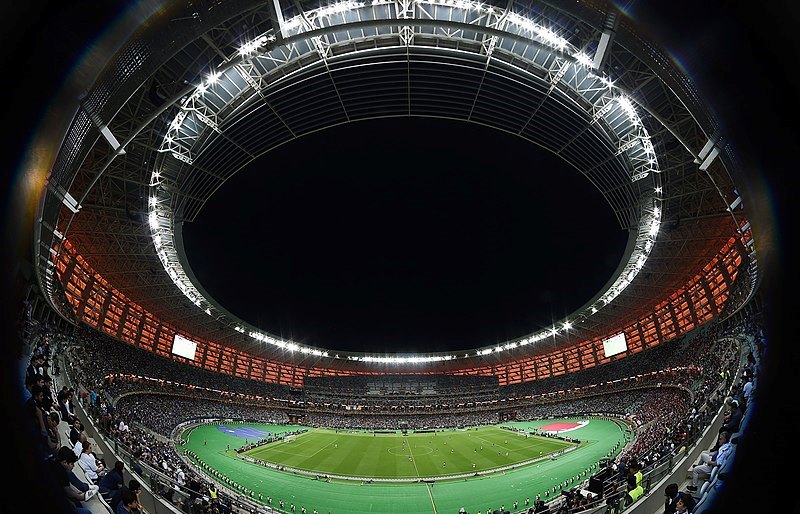With every new tournament, it seems like the UEFA manages to change a single thing or even multiple ones, to the point where people cannot keep up with the changes. For the UEFA EURO 2020, things have changed and there are a dozen hosts. Yes, compared to all the previous years where only a single country hosted the tournament, the 2020 Euros will be hosted by 12 different countries.
What does that mean for the viewer? It means that they will have to go to different countries if they want to watch their teams live during the finals.
The 12 countries in question are Spain, England, Scotland, The Netherlands, Hungary, Azerbaijan, Ireland, Germany, Italy, Russia, Romania and Denmark. The responsibility and expenses (as well as profit) are shifted from a single country to multiple ones. Here is what you need to know about each of the countries and cities, or rather, venues you might visit if your team makes it through.
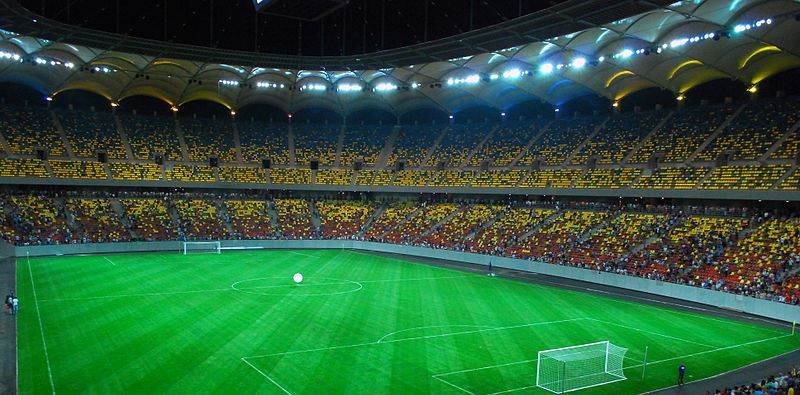
Not All Venues Will Host All Matches
Before everything else, some matches will be held at specific venues. Wembley Stadium in London will host the semi-finals and finals. The quarter-finals will be held in Baku, Rome, Munich and Saint Petersburg. The round of 16 games will be held at the remaining venues as well as Wembley. The Group Stage games will be held at each venue.
London – Wembley Stadium
Wembley is a very famous stadium, not just because it is used as the main venue for the UEFA Champions League finals, as well as other football events such as the FA Cup. The stadium is home to no particular club from England, but has been used as a venue when other clubs’ venues were inaccessible. It is also one of the most famous stadiums when it comes to music and concerts. Plenty of artists have visited Wembley stadium. It is probably best remembered for the 1985 Live Aid concert where bands like Dire Straits, Led Zeppelin, Queen and many more, participated.
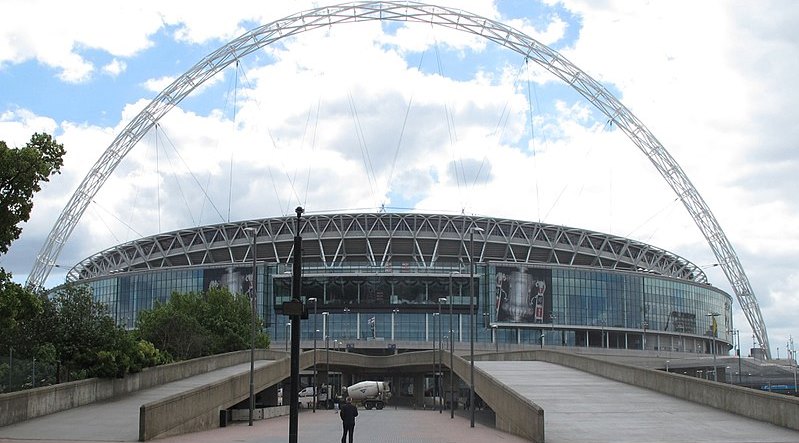
Munich – Allianz Arena
The Allianz Arena in Munich, Germany, is home to its most dominant club, Bayern Munich. They have been one of their best performing teams internationally, as well. The arena itself is the second largest arena in Germany, being able to host 70,000 people during international matches. It is very notable because its exterior is made out of a fluorine plastic, which is really thin and it looks almost white. Since there are over 2000 panels, each of them can be separately lit, making it very exciting for visitors, first-time and frequent ones. It was finished in 2005 and ever since then, it was used for multiple important events.
Rome – Stadio Olimpico
Rome, Italy, is home to the Stadio Olimpico, Lazio and Roma’s home turf. The Stadio Olimpico hosts 70,634 people. The stadium has a long history. It was built in 1927, but was opened in 1938. It has been renovated and extended since then. It was used as a host venue for two Champions League finals, a World Cup, two European Cups. It sees a lot of domestic play every year and has seen plenty of international matches, and it will see even more with the upcoming UEFA EURO 2020.
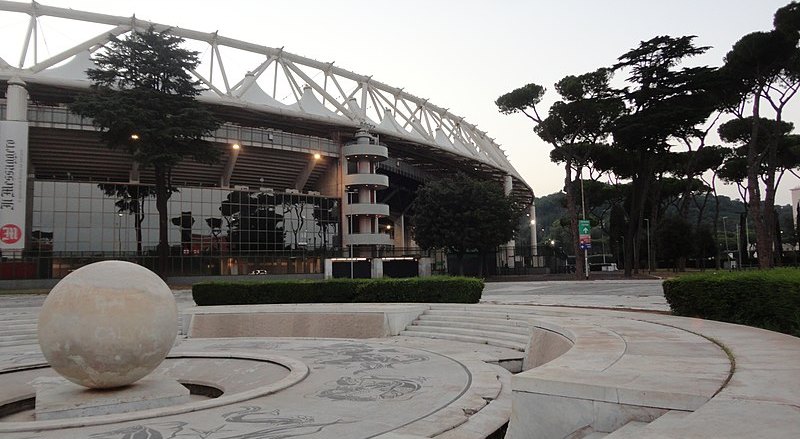
Baku – Olympic Stadium
Azerbaijan is one of the hosts of the 2020 Euros and it will do so in its Olympic Stadium, in the capital city of Baku. It hosts 68,000 people and has been finished and opened in 2015. It is home to Qarabag FK, and it hosted all of their Champions League matches in the group stage. It was also used as a venue for the 2018 World Cup qualification matches, as well as for the Europa League final match. The venue has seen international play and given its significant role in the 2020 Euros, it will see a lot more.
Saint Petersburg – Krestovsky Stadium
Russia has plenty of large venues, but for the UEFA EURO 2020, the Krestovsky Stadium in Saint Petersburg was chosen as a representative. It was already used in the 2018 World Cup as a major venue,with 65,000 viewers capacity. During concerts, this capacity increases to 80,000 people. When people think of Saint Petersburg, they usually think of a lot of history. Well, for this stadium, its history began in 2017, when it was opened. It is home to Zenit FC, a club from Saint Petersburg. Its record attendance, interestingly enough, is for a hockey match, with 71,381 visitors.
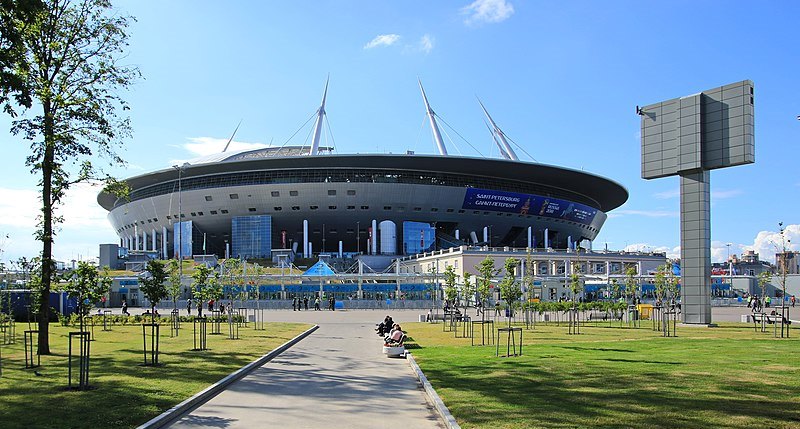
Bucharest – Arena Nationala
Romania’s capital, Bucharest, is home to one of their most modern stadiums. The Arena Nationala has a retractable roof and hosts 55,634 visitors. It was finished in 2011 and has seen international play in 2012, with the Europa League final, as well as the UEFA Champions League matches. The stadium is home to the Romanian national team as well as FCSB, a club from Bucharest. It has seen lots of international play and will host the group stage matches of the 2020 Euros. With its retractable roof, it is a comfortable stadium for both players and spectators, in any weather condition.
Amsterdam – Johan Cruyff Arena
This arena was previously known as the Amsterdam Arena but its name changed in honor of Dutch footballer Johan Cruyff who died in 2016. It hosts up to 55,990 people and even more when concerts are in question. Speaking of concerts, this stadium saw everyone from Celine Dion to Coldplay and David Bowie and even AC/DC. It is home to AFC Ajax, a very, very competitive club from the Netherlands. The stadium was opened in 1996, and it has been the home of Ajax ever since. It has seen plenty of international play and will host the group stage games of the 2020 Euros.
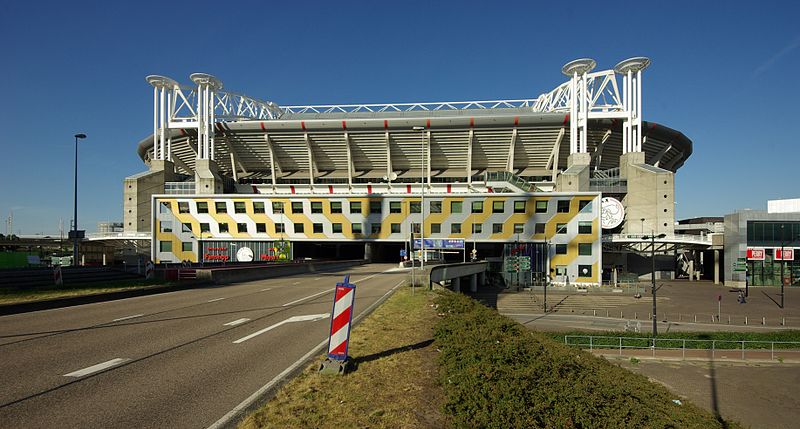
Dublin – Aviva Stadium
Ireland’s Aviva Stadium is home to Ireland’s two national teams, one for football and the other for rugby. This stadium was finished in 2010 and hosts up to 51,700 people for football and rugby matches. American football matches have fewer seats while concerts, as always, leave room for more people. The stadium has seen international play, like all stadiums from this list, for example, the 2011 Europa League final.
Bilbao – San Memes Stadium
Spain has plenty of great stadiums, but this one in Bilbao was chosen as a representative for the 2020 Euros. The stadium was finished in 2014 but was opened in 2013. It hosts up to 53,289 people and is home to the football club Athletic Bilbao. It also held a Guns N’ Roses concert in 2017.
Budapest – Puskás Aréna
This stadium in Budapest has yet to see any international or domestic play. It is a very new stadium which will see lots of international play during the group stage of the 2020 Euros. For a brand new stadium, that is impressive.
It will also take the place of being the home stadium for the Hungarian national team, once it is opened, of course. The stadium is replacing the previous Ferenc Puskás stadium which was demolished in 2016. The stadiums are both named after the same person, a Hungarian footballer and manager.

Glasgow – Hampden Park
There is nothing like a walk in Dublin and Glasgow. Often, people need to choose between them. For the UEFA EURO 2020, you don’t need to make that choice. Both cities will host group stage matches.
Hampden Park hosts 51,866 people. Interesting facts about this stadium include that it once held 155,000 people during a match between England and Scotland. Another interesting fact is that this is the third Hampden Park, there being two stadiums before this iteration of it. This stadium has a lot of history and it will probably get more of it during the 2020 Euros. This stadium is home to Queen’s Park FC as well as the Scottish national football team.
Copenhagen – Parken Stadium
Also known as Telia Parken, due to sponsorship, the Parken Stadium is home to the Danish national football team as well as Copenhagen FC. It was opened in 1992, and has been home to both the teams since then. It can host up to 38,000 people when it comes to seats, but its record attendance is over 60,000 people, during Michael Jackson’s HIStory tour.
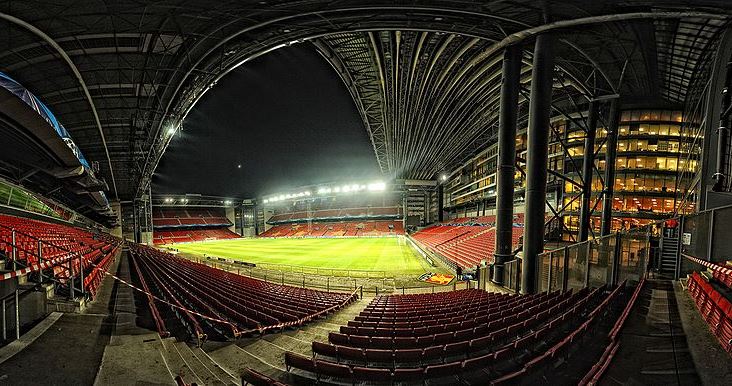
A Variety of Cultures and Venues
12 countries, 12 venues, 12 different cultures. The UEFA EURO 2020 will be one of the most interesting tournaments logistics-wise. It will also be an impressive tournament when it comes to seeing different cultures and countries, especially for the fans. While some may suffer from having to travel a very long distance to see their team play in one and then possibly another country, others will cherish having to travel abroad.
Regardless, with so many venues, and not a single host being automatically slotted into the finals, it is shaping up to be one of the best Euros we have yet to see. Time will tell whether this pan-European host situation is the best one for the tournament.

